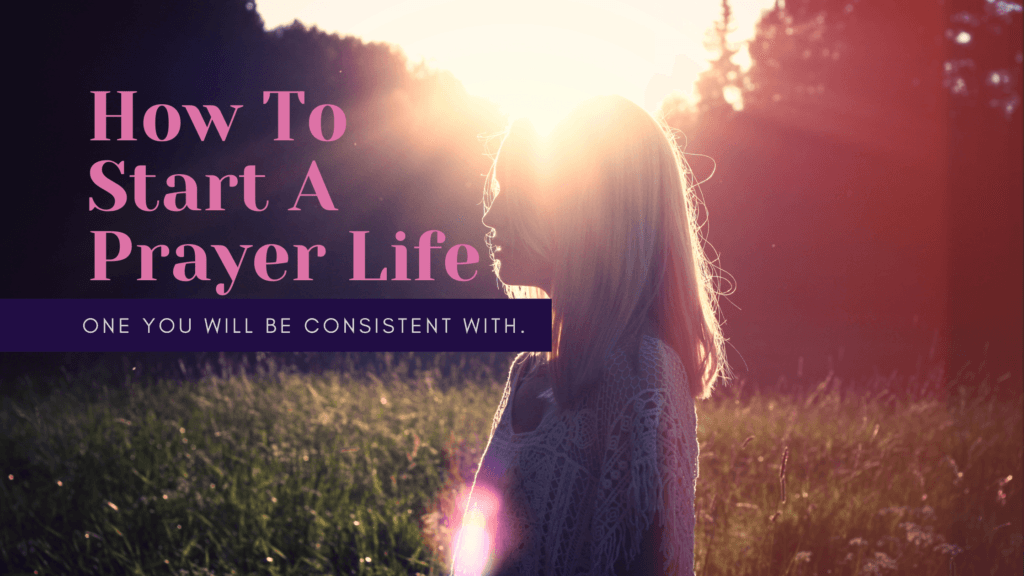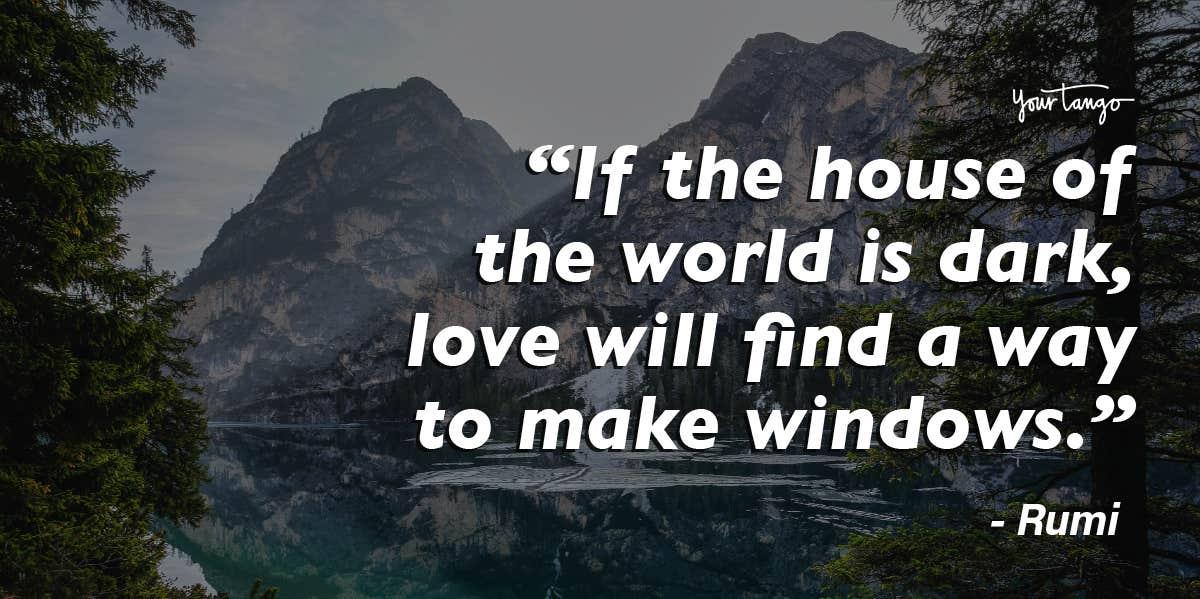Why does God allow suffering to exist? This question comes up a lot when we speak about evil. And it is the most powerful argument for skeptics. It is so because we have experienced suffering, so we have a profound emotional connection and opinion around this topic. Nobody likes suffering, we all wish it didn't exist, yet we all experience it at some point.
Why isn't God doing anything about all the evil, pain, and suffering in the world? Though we may never understand God's plan; one thing we know is that God is good and loving; however, his love has to be willingly accepted. We all have the freedom to accept or reject God's love, which is precisely what allows evil to exist.
People aren't necessarily bad, but they often lose that connection with God and start making bad choices, problems arise, and people just lose their way. They start losing their moral bearings, often allowing themselves to be seduced into the wrong paths. This is what makes the world be the way it is today. Evil came as a result of our selfishness due to choosing our own way instead of God's way. In order to make the world a better place, we must change ourselves and accept God's love; only then will we start seeing some changes.
Some people may also argue about the animal world. They often see it as our enemy, though this isn't the case; God created every creature for a purpose. Instead of asking why God created evil and suffering or why he doesn't do anything about it, maybe the way to approach this is by simply accepting that the world is the way it needs to be now. Perhaps suffering is necessary at some level to bring the qualities God wants for all creatures. Maybe God made the world knowing that animals will eat each other, so he gave specific characteristics to every creature for the purpose of self-defense. For example, snakes venom is not to hurt mankind but to defend themselves when they feel threatened, he gave gazelles speed to outrun the lions.
And what about rape, murder, terrorism, and many other evil acts you may wonder - Well, these acts are caused by intentional human actions, these are not acts of God. It's time for people to take responsibility for their actions and stop questioning God's love because evil is caused by us, not God.
We can also see this differently. If we take the parent/child relationship as an example, we see that parents must often let their children suffer or go through a certain amount of discomfort or pain when they're growing up. Like when they force them to eat their veggies, or they take them to get shots or the dentist; the children may find this so horrible and even frightening. But, it is because the parents love their children that they impose these "sufferings." The parent knows that all of those things are required and in the children's best interest, much like God and all of us. The children may not understand it, but there will come a time when they will.
The fact is that evil exists; we live in a world where we are going to have difficulties and disappointments, challenges, and suffering, all we can do is ask God to help us deal with each situation and to give us the wisdom to understand his plan, for he is faithful. He will provide us with the strength to deal with suffering. He will not let bad things happen unless they bring you good and better things in your life. Although many people are still questioning why God allows evil to exist, I think the answer is beyond our understanding; however, we know that God is wise and has his reasons to let things happen, which we don't comprehend. Always remember that we have a loving God, and he will never bring situations upon us that we cannot handle.
Let no one say when he is tempted, “I am being tempted by God,” for God cannot be tempted with evil, and he himself tempts no one. James 1:13
Finding Hope in the Midst of Suffering
Suffering and evil can leave us feeling lost and alone, wondering if God is truly present in our lives. Yet, Scripture reminds us that God is not a distant observer, but an intimate companion who walks with us through life's darkest valleys. In Psalm 23:4, we read, "Even though I walk through the darkest valley, I will fear no evil, for you are with me; your rod and your staff comfort me." This profound promise offers a different perspective on suffering, one that acknowledges God's presence and guidance even in the midst of pain.
So, how can we hold onto hope when faced with evil and suffering? One way is to focus on the countless examples of love, kindness, and compassion that exist in the world. From the heroic actions of individuals who risk their lives to save others, to the quiet acts of mercy that take place in our own neighborhoods, there are countless reminders that God is at work in our world. By choosing to focus on these stories of hope, we can begin to see that evil and suffering do not have the final word.
Ultimately, finding hope in the midst of suffering requires a deep commitment to prayer, self-reflection, and community. By cultivating a regular prayer practice, we can learn to listen for God's gentle voice, even in the midst of chaos. By engaging in honest self-reflection, we can begin to understand our own role in perpetuating or combating evil. And by connecting with others who share our values and passions, we can build a network of support and encouragement that helps us navigate life's challenges with greater ease and resilience. As we seek to live out our faith in practical ways, we may also consider engaging in acts of service and volunteerism, which can help us build stronger, more compassionate communities and foster a deeper sense of connection and purpose.
Frequently Asked Questions
Q:Does the existence of evil and suffering mean that God doesn't care about us?
Not at all. The Bible tells us that God is a loving Father who cares deeply about his children (1 John 4:8, Psalm 103:8-10). However, evil and suffering entered the world through human freedom and rebellion against God's will (Genesis 3).
Q:How can I find purpose and meaning in life when faced with difficulties and challenges?
Finding purpose and meaning in life's challenges can be tough, but it's not impossible. By building resilience, practicing positive thinking, and cultivating emotional intelligence, you can navigate life's ups and downs with greater ease (Romans 5:3-5, James 1:2-4).
Q:Can I still trust in a good God when I see so much evil and injustice in the world?
Yes, you can still trust in a good God even in the face of evil and injustice. The Bible acknowledges the existence of evil and suffering, but also points to God's ultimate plan to redeem and restore the world (Revelation 21:1-4, Isaiah 61:1-3).
Q:How can I make a positive impact in a world filled with suffering and evil?
You can make a positive impact by building compassionate communities, engaging in acts of kindness, and standing up for justice and righteousness (Matthew 25:31-46, Micah 6:8).






